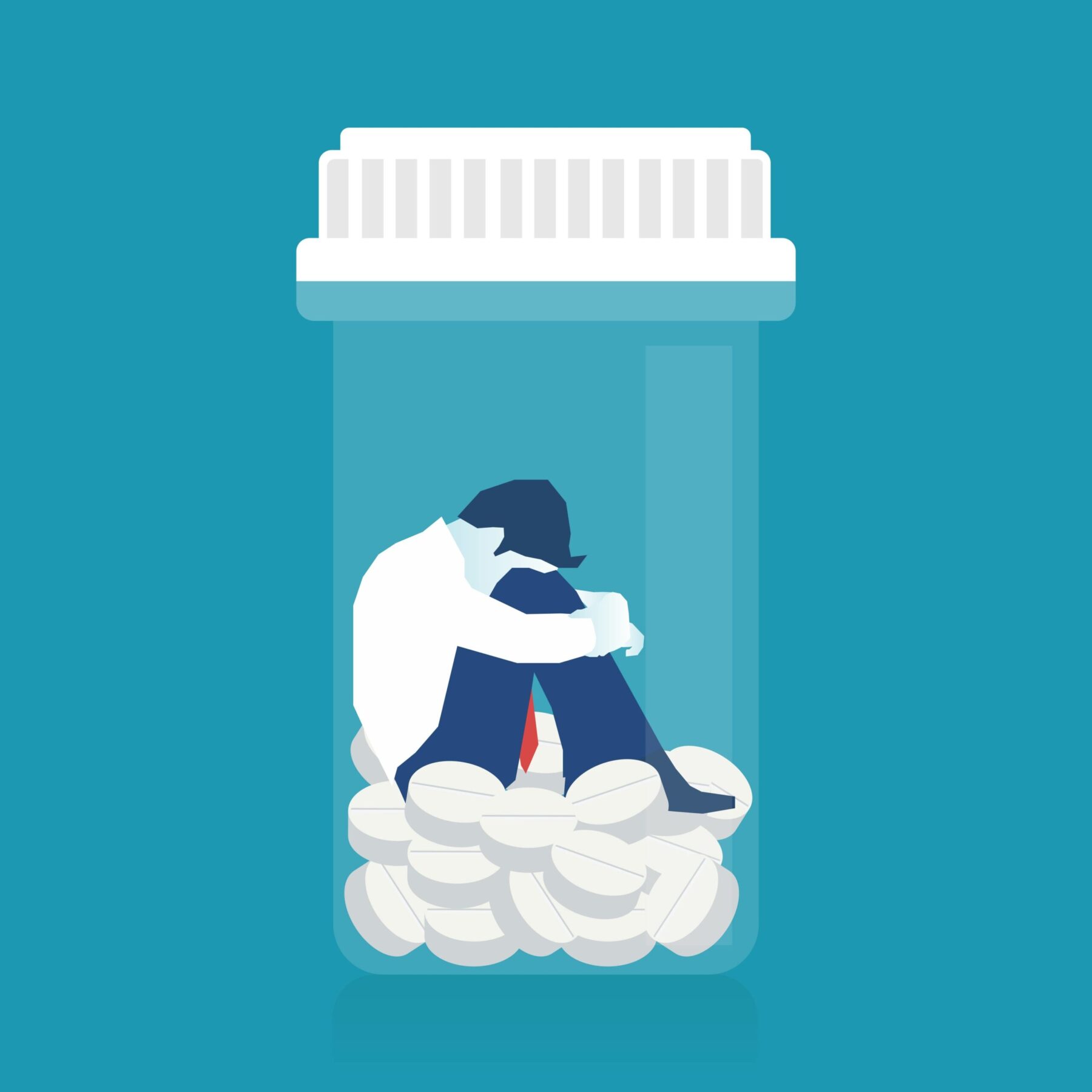Conversations about opioids have become more common as media has been covering rising numbers of opioid abuse. With this in mind, people may wonder what opiates and opioids are. People may also want to know if a painkiller they have been prescribed, such as Percocet, is considered an opiate or opioid.
Percocet is in a class of drugs known as opioids.
What is the Difference between Opiates and Opioids?
Opiates and opioids sound similar because they are both drugs used to manage pain by interacting with the opioid receptors in the brain.

However, these words are not interchangeable because they refer to different substances. Opiates only refer to substances that are derived naturally from the opium poppy plant. Opioids refer to all natural, semisynthetic, and synthetic opioids. Synthetic means that the substance is man-made.
What is Percocet?
Percocet is a prescription drug used to treat moderate to severe pain. They typically come in oral tablets and contain oxycodone hydrochloride and acetaminophen. Oxycodone, a morphine-like substance, is a synthetic opioid. This classifies Percocet in the opioid family of medicine.
Side effects of Percocet
Percocet leads to feelings of euphoria, calmness, and reduced perception of pain. However, there may be some unwanted side effects.
Side effects of Percocet include:
- Nausea and vomiting
- Constipation
- Lightheadedness or dizziness
- Drowsiness
- Dry Mouth
- Blurred vision
- Sweating
- Difficulty breathing
- Low blood pressure
- Shock
- Symptoms of Withdrawal
- Symptoms of Opioid Addiction
- Allergic reactions
Withdrawal
When taking an opioid, the body and brain may develop a tolerance. This means that an increased dosage is required to feel the desired effects. Physical dependence can occur if the body and brain require the drug for normal functioning. Therefore, when someone suddenly stops taking an opioid, like Percocet, there can be adverse symptoms. This is called withdrawal. In order to prevent withdrawal symptoms, doctors typically will advise their patients to gradually decrease the amount of the drug taken.
Early symptoms of opioid withdrawal may include:
- Feelings of agitation or anxiety
- Muscle aches
- Restlessness
- Insomnia
- Exhaustion
- Cold-like symptoms (runny nose, sweating, fever)
- Racing heart
- Hypertension
- Stomach cramps
- Nausea and vomiting
- Irritability
- Diarrhea
- Depression
Opioids and Addiction
Opioids are known for being a high risk drug for addiction. As Percocet contains an opioid, patients taking the medicine should know about the risk. Even when a patient takes Percocet exactly as their doctor prescribes, the drug can be habit-forming. Opioids are highly addictive due to the euphoria-like high, the physical dependence, and the uncomfortable withdrawal symptoms. With this in mind, it is important for patients and doctors to carefully and gradually end an opioid treatment.
Percocet is painkiller medication that includes opioid substances. If you or someone you know shows and serious or adverse side effects while taking Percocet, seek medical attention immediately. For questions or concerns about opioids or addiction, a rehabilitation or addiction treatment specialist is a great source of information and support.





